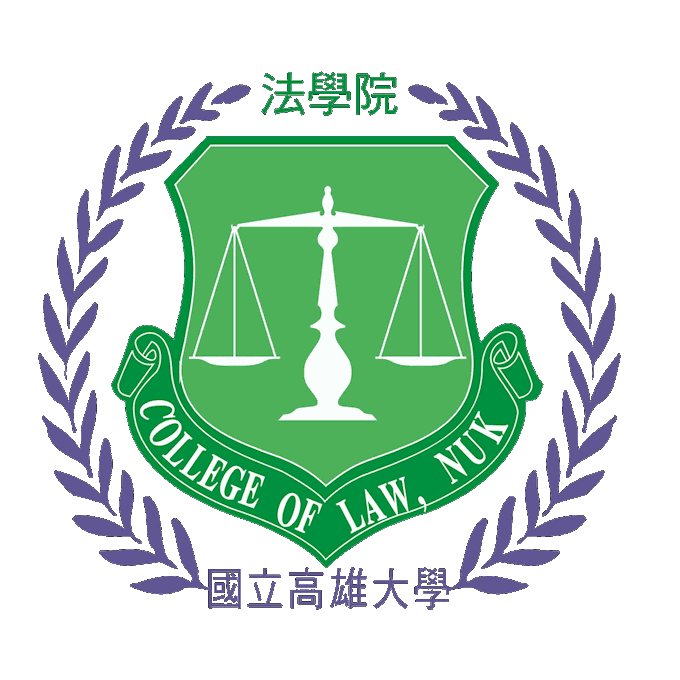

摘要 台灣在經歷2018與2020兩次大選、以及2021年Covid-19疫情的挑戰後,針對假訊息的修法、執法以及相關政策的修訂,有了初步的方向與成果。另外在「假訊息監理科技」方面的研究,也開始有所進展。惟假訊息的管制涉及言論自由等基本人權,不可不慎。本文認為,科技與法規政策,同為數位時代管制假訊息的工具,兩者如何相輔相成,則仰賴規範制定者的智慧。並且,在理解科技作為監理工具的可能性之後,必須更進一步地思考此類科技被濫用的可能。依循此脈絡,本文針對我國假訊息監理,提出兩個核心觀點:「立法者(Lawmakers)與程式設計師(Codemakers)的跨領域對話與合作。」以及「建立與假訊息監理科技相關的科技治理或倫理規範。」 本文由分析假訊息議題的嚴重性與複雜性切入,點出目前我國修法所帶有的「保護法益」觀點。於第三章引入科技的觀點,例舉國內外針對假訊息監理科技與人工智慧的相關研究,呈現科技監管假訊息的可能性以及隱含的言論自由等基本權侵害風險。於第四章探討規範制定者與監理科技的互動模式,並借鑒歐盟於2021年頒布的《人工智慧法律調和規則草案》,並以「風險評估」、「保護法益與基本權衡平」兩個面向,分析我國在未來針對此類假訊息監理科技,訂定倫理規範與政策的必要性以及可能的參考方向。
After two major elections in 2018 and 2022, and the 2021 COVID-19 pandemic, Taiwan has developed its primary policies and regulations toward misinformation. Besides legal frameworks, there were also researches on fighting misinformation with technologies and artificial intelligence. However, regulating fake news is constantly in conflict with basic human rights such as freedom of speech. This article argues that both law and technology are tools for managing misinformation. Also, avoiding malicious uses of misinformation regulatory technologies is also a critical issue. Therefore, forming and developing a regulatory policy that integrates law and technology relies on the regulator’s wisdom and understanding of technologies. In this regard, this paper proposes two core goals: “promoting the interaction between law-makers and code-makers” and “establishing governance policy or ethic codes for misinformation regulatory technologies.” This article begins with an analysis of the severity and complexity of the misinformation problem. Following by reviewing Taiwan’s current “legal-interest focus” legislative actions and amendments. Chapter 3 will include the technology point of view, giving examples of current research and future possibilities for using technology to combat misinformation. Chapter 4 will further analyze the possible ways technology and regulation interact with each other, and the possible conflict within the interaction. This article will use Europe Union Commission’s latest proposal act on artificial intelligence as an example and conclude that ethical code and technology governance is essential for Taiwan to further develop its strategies on combatting misinformation.